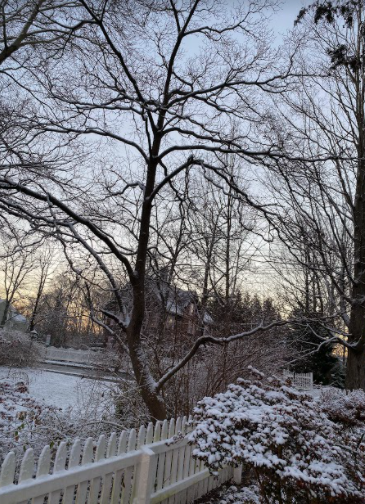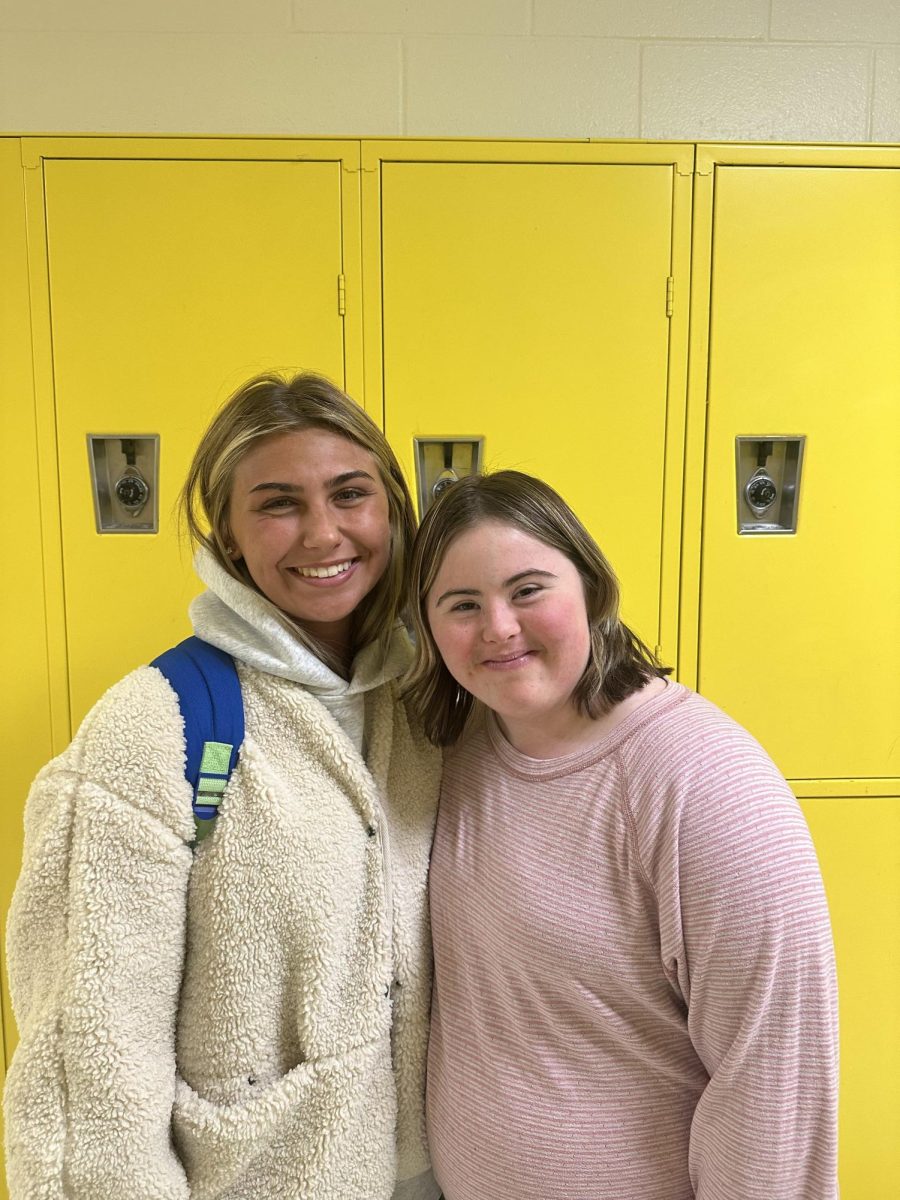Shining a Light on Seasonal Depression

Snowy Season: The winter season is quickly approaching, meaning seasonal depression is becoming more and more common.
December 22, 2021
Seasonal Affective Disorder (SAD), more commonly known as seasonal depression, is a mood disorder similar to depression. They differ because SAD occurs at the same time each year, and exists in places where there is less sunlight during certain times in the year.
SAD affects an estimated 11 million in the US, with around 25 million others experiencing a less severe form called the winter blues (WebMD).
According to Harvard Health, “The exact cause of SAD is unknown, but research points to lack of light as the main contributor.”
Sunlight exposure stimulates the hypothalamus in the brain, which helps control circadian rhythm. The circadian rhythm is the ‘clock’ in the brain that tells the body when it should be asleep or awake. Lack of light can throw this off, causing the brain to produce too much melatonin, the sleep hormone, and not as much serotonin, the chemical in the brain associated with feelings of well-being and happiness.
People in northern states, where the lack of light in autumn and winter is more noticeable, are more likely to suffer from seasonal depression than those from states in the south.
Mr. Jeff Raucci, health teacher at Foran says, “You get natural vitamin D from the sun which is beneficial for all aspects of health and wellness. In the winter, the sun isn’t out from 6am until 9pm like in the summer. Sun goes down by 4pm or so and most people are at work and don’t even get to see the sunlight. Less natural vitamin D is a huge factor for this disorder.”
Seasonal depression is typically associated with mood changes, such as feelings of depression most of the day nearly every day, loss of interest in activities, low energy, problems with sleeping, and more.
The effects of SAD are not limited to mood–it is also linked to impaired cognitive function, including issues with concentration or memory. For example, someone with SAD might be unable to recall recently learned information or find the right words when speaking.
Sophomore Jahnavi Bulusu, who experiences seasonal depression says, “It’s sort of all of the sudden for me, and you just don’t feel like the same person, like a switch was flipped. I usually turn to my friends, and to art.”
Despite being difficult to overcome, there are a few ways to counteract seasonal depression and lessen its impact.
Raucci states, “Some remedies for it are foods rich in vitamin D (fish and seafood, eggs, or oatmeal), or activities that release ‘feel-good’ chemicals–exercising, learning a new skill, stress relief strategies, laughing and socializing, and eating specific foods (dark chocolate, berries, or nuts).”
If students find themselves severely struggling with symptoms of seasonal depression, they are encouraged to speak with a trusted adult.







